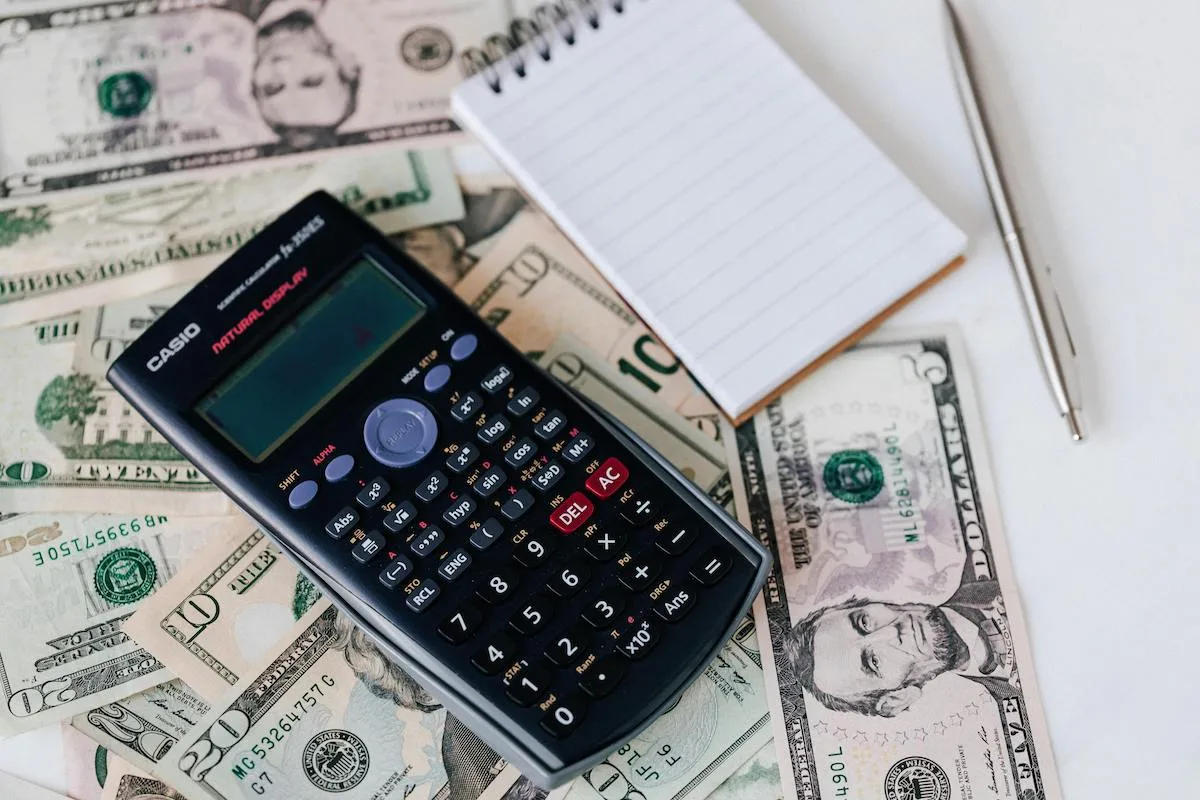With the average federal tax refund reported by the IRS to be over $3,000, many taxpayers are poised to receive a significant boost to their financial resources this year. This unexpected windfall provides a perfect opportunity to enhance financial stability and work towards long-term fiscal health. Here are seven thoughtful ways to utilize your tax refund to not only solidify your financial foundation but also enjoy the benefits of your hard work.
Read: 12 Simple Preparatory Steps to Make Tax Time Less Taxing
Tackle High-Interest Debt Head-On
For those dealing with high-interest debt like credit card balances, prioritize this debt first. High interest rates, often between 20% and 30%, compound quickly. This makes it hard to escape debt. Eric Bronnenkant of Betterment emphasizes the urgency: “At such elevated rates, debt grows faster than many realize, making it a financial sinkhole.” Using your refund to pay down this debt can save you a lot in interest payments. It can also help improve your credit score.
Build or Boost Your Emergency Fund
The importance of an emergency fund cannot be overstressed. Many Americans find themselves unprepared for unexpected expenses, which can lead to financial distress. Using your tax refund to start or enhance an emergency savings account provides a safety net for life’s unforeseen expenses. Keyana Russ from Four Ponds Financial Planning advises placing these funds in a high-yield savings account where they can grow and be easily accessed when needed. This proactive step ensures you’re prepared for emergencies without needing to incur additional debt.
Make Additional Mortgage Payments
Making additional payments on your mortgage is a smart financial move, especially if it has a high interest rate and you have no other high-interest debts. Extra payments reduce the principal balance. This can shorten the loan term and lower the total interest paid.
Keyana Russ, a certified financial planner, highlights the benefits. Extra mortgage payments act as a valuable form of saving. They reduce future payments and build home equity faster. Rapidly increasing home equity strengthens your financial position. This offers more security and frees up resources for other investments or financial needs. This strategy helps save on interest and speeds up your journey to full homeownership.
Contribute to a Roth IRA
Using your tax refund to contribute to a Roth IRA is a great way to boost your retirement savings and enjoy tax benefits. Roth IRAs let your investments grow tax-free. Withdrawals after retirement are also tax-free if you meet age and holding period requirements. For 2023, you can contribute up to $6,500, or $7,500 if you are 50 or older.
Eric Bronnenkant, a financial expert, points out the flexibility of Roth IRAs. You can withdraw your contributions anytime without penalty, though not the earnings. This adds liquidity to your long-term savings. This makes Roth IRAs a smart choice for tax refunds, combining growth potential with financial flexibility.
Enhance Your 401(k) Savings
Using your tax refund to boost your 401(k) contributions is a wise move for your long-term financial security. Many employers offer matching contributions, which is like free money and gives an instant return on your investment. By increasing your contributions to meet or exceed the employer match threshold, you immediately double your investment’s value. Even small increases in contributions can compound over time, significantly growing your retirement savings. This strategy maximizes your retirement fund and leverages pre-tax dollars, reducing your taxable income and making the most of your refund.
Invest in Your Future Goals
If you have medium-term goals such as buying a home or funding a significant life event, consider investing your refund. A balanced approach might include placing a portion of your refund in low-cost index funds and bonds, depending on your risk tolerance and time horizon. “Investing can make your money work for you, potentially growing your refund into a much larger sum over time,” suggests Bronnenkant.
Set Aside Funds for Enjoyment
It’s also important to reward yourself. Allocating a portion of your tax refund for enjoyment—such as a vacation, a luxury item, or a unique experience—can provide a well-deserved break and improve your overall happiness. “Allowing yourself to enjoy some of your hard-earned money can rejuvenate your spirits and motivate you to maintain financial discipline,” adds Russ.
Effectively using your tax refund can significantly impact your financial well-being. Whether it’s reducing debt, saving for the future, or enjoying the present, these funds provide a unique opportunity to improve your financial health. Strategic planning and thoughtful consideration of how to use your refund can lead to substantial benefits, ensuring that this annual windfall supports not only your current financial needs but also your long-term financial goals.

